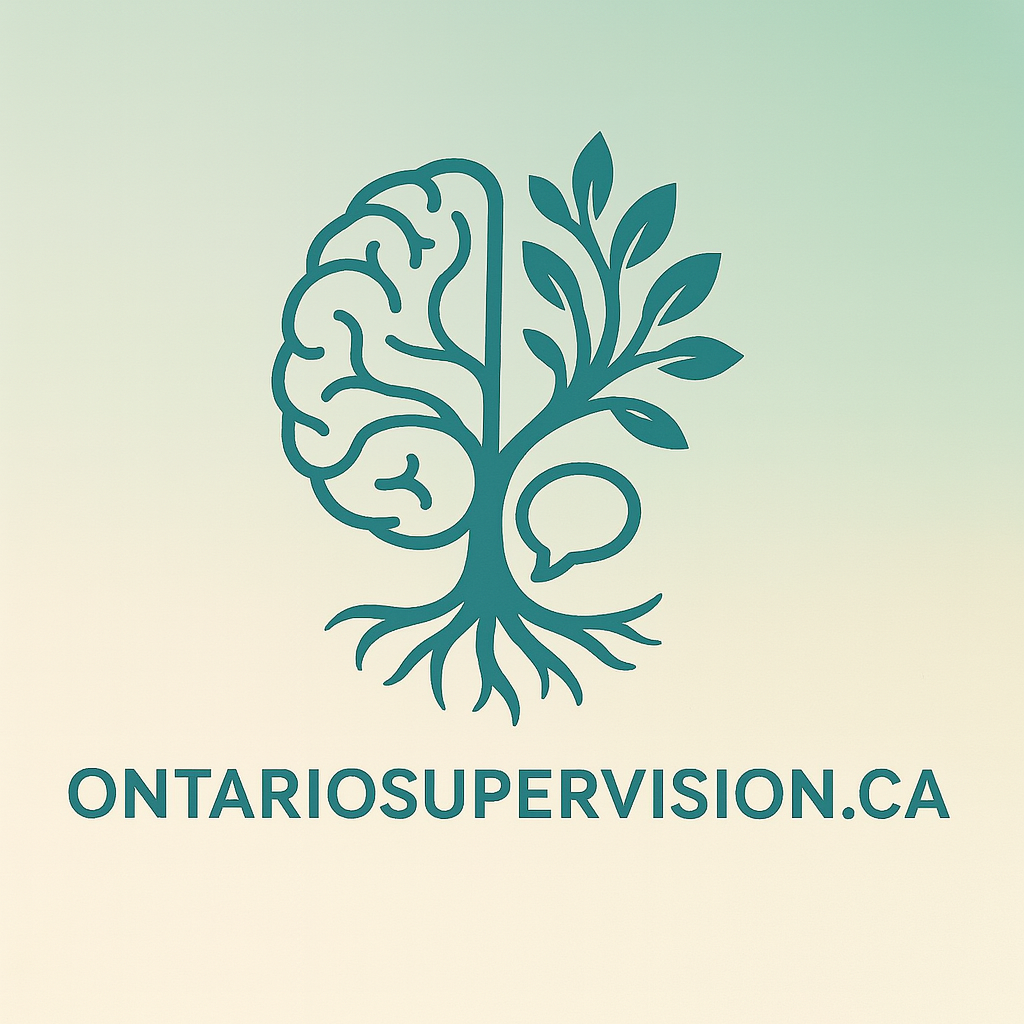Internal Family Systems . . . and Everything Else. Comparing and Contrasting Apples and Oranges
In the complex and multifaceted realm of psychotherapy, an array of approaches has been developed to address the unique mental health needs of individuals. These modalities are not merely techniques but are built on comprehensive theories, research, and the profound understanding of the human psyche. Each therapy method offers a distinct lens through which to view mental health, human behavior, and the intricate dynamics of healing.
The contemporary psychotherapeutic landscape is abundant with methodologies that cater to various psychological disorders and emotional challenges. From the traditional practices such as Psychoanalytic Therapy to the more modern, holistic approaches like Internal Family Systems (IFS), the field is rich with alternatives. This article aims to explore several prominent modalities, delineate their unique features, and analyze how they compare to IFS in both theory and practice.
Internal Family Systems (IFS)
IFS is a rapidly growing approach that treats the mind as a collection of subpersonalities or 'parts.' The IFS model believes that the human psyche is made of different parts that must be understood and harmonized. Developed by Richard Schwartz in the late 1980s, IFS has become popular due to its holistic and compassionate approach to healing.
Popularity of IFS: The acceptance of IFS has surged for several reasons:
Holistic Approach: IFS aims to create harmony among the different 'parts,' leading to a balanced self.
Accessibility: Many find IFS more approachable and less intimidating than other therapies.
Adaptability: It is suitable for treating various mental health conditions, like trauma and depression.
Psychoanalytic Therapy
Rooted in the works of Sigmund Freud, Psychoanalytic Therapy delves into the unconscious mind to unravel repressed feelings and conflicts. Unlike IFS, it focuses on long-term exploration and emphasizes the therapist's interpretations.
Key Differences between IFS and Psychoanalytic Therapy:
Therapist Role: Psychoanalytic therapists may maintain a more distant relationship, while IFS therapists actively engage with the client.
Time Commitment: Psychoanalytic Therapy often requires a more extended commitment, whereas IFS may provide results in a shorter timeframe.
Emphasis: Psychoanalytic Therapy centers on the unconscious and past experiences, while IFS emphasizes the present and the relationship between 'parts.'
Comparisons with Other Modalities
Cognitive-Behavioral Therapy (CBT): Unlike IFS, CBT emphasizes changing negative thought patterns. While IFS looks at internal harmony, CBT focuses on practical problem-solving.
Humanistic Therapy: Humanistic Therapy and IFS both emphasize personal growth and self-actualization, but IFS adds the unique perspective of integrating internal 'parts.'
Internal Family Systems is emerging as a trendy therapy modality, resonating with both therapists and clients. Its popularity can be attributed to its compassionate, accessible, and adaptable nature.
Comparatively, Psychoanalytic Therapy maintains its significance by exploring deeper layers of the unconscious mind. The contrast in their approach, time commitment, and emphasis highlights the versatility in the field of psychotherapy.
As the field continues to evolve, it is paramount to recognize the significance of different therapeutic approaches to ensure that individuals receive the most fitting care for their unique needs. The rise of IFS is not just a trend but a testament to the ongoing evolution and diversification in the mental health field.
